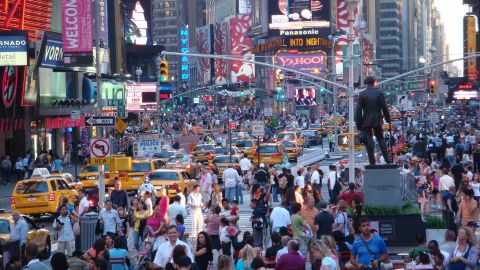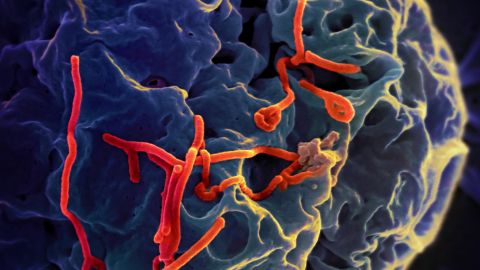
Where Does the G7 Stand on Oil and Gas?
The G7's latest climate agreement could shift about 33 billion dollars per year from fossil fuels to clean energy sources.

The G7's latest climate agreement could shift about 33 billion dollars per year from fossil fuels to clean energy sources.

Cold-water corals could be most impacted by a decrease in food supply as climate change shifts the dynamics of the planet’s oceans.

In New York, extreme heat claims 350 lives each year, and the risk to African Americans is twice as high as the risk to white New Yorkers.

To prevent trash from ending up in landfills, Domingo Morales has set out to share composting with all New Yorkers.

Parks are invaluable for mitigating climate change, promoting health, and providing nature to nearby residents. But they need our help.

The idea that the world is overpopulated has led to some disastrous policy attempts around the world to limit population growth.

Monkeypox received media coverage only when it began spreading to wealthy nations. Could coverage of disease outbreaks be improved?

As climate change worsens and zoonotic diseases spread more easily, how do we prepare for more outbreaks like monkeypox?

Toxic mud in the Passaic River remains a threat to the city of Newark nearly 40 years after authorities pledged to clean it up.

Environmental regulators hope new data-driven tools will help identify hotspots and drive environmental justice.

The last 30 years have been full of unusual ice shelf collapses and disintegrations across Antarctica, the Arctic, Greenland, and Canada.

The Guardian’s investigative piece on carbon bombs is a hard story to process. But journalists need to start taking it seriously.